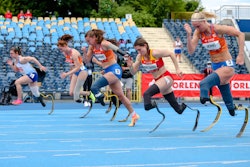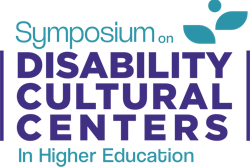The National Mathematics Advisory Panel (NMAP), created by the U.S. Department of Education in 2006 at President Bush’s urging, released its final report last month, which raises more questions than provides answers on the best practices of math instruction.
“One of the most surprising findings was how little available high-quality research there is especially in the field of instructional practices,” said panel member Vern Williams, a middle school teacher who has won many awards for his math instruction.
NMAP’s task was to rely on the “highest quality research” to recommend best practices for American math education, particularly focusing on the basic skills needed to succeed in algebra by the eighth or ninth grade.
One goal was to compare U.S. teaching practices with those of the highest scoring regions and nations: Czech Republic, Flemish Belgium, Hong Kong, Japan and Singapore. Many of the most important questions concerned math instruction. What makes some math teachers more effective than others? What types of education and training best prepares teachers to improve students’ math achievement?
For example, the panel came to a clear agreement on “The Major Topics of School Algebra,” which should be taught to every student. However, no one knows the best way to teach them.
“Unfortunately, little is known from existing high-quality research about what effective teachers do to generate gains in student learning,” the report stated. It also confirmed the fact that research shows a clear relationship between a teacher’s overall mathematical knowledge and how well his or her students perform. But, few studies have ever measured teachers’ knowledge directly. Instead, most rely on proxy measures such as being certified in math, or having taken a certain number of math classes in college. Therefore, the NMAP stated, “Existing knowledge does not reveal the specific mathematical knowledge and instructional skills needed for effective teaching, especially at the elementary and middle school level.”
Because it strongly believes that teachers who know more math are better able to teach it, the panel recommended that the best way to improve elementary school instruction is by having a few experts in each school teach all the math classes. This is considered a much more practical solution than trying to improve the math skills of all elementary school teachers who typically teach a variety of subjects.




















